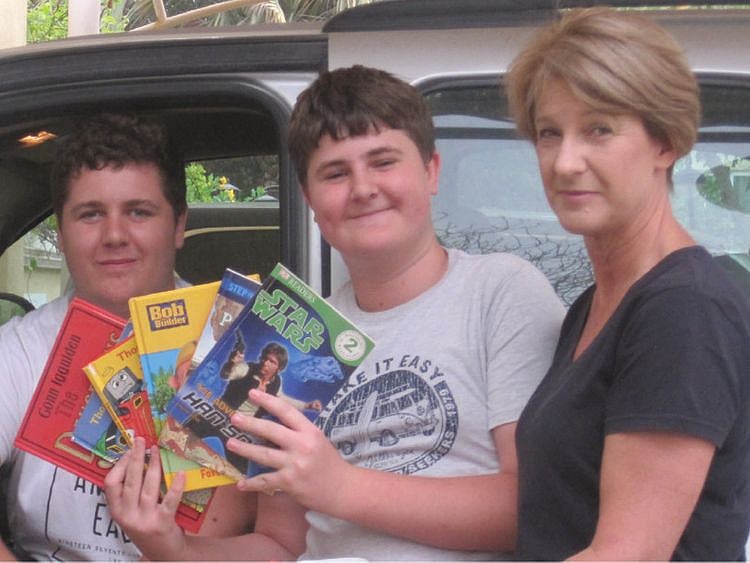Coronavirus: How kids in the UAE are coping with parents overseas
Parents who traveled overseas are now waiting for flights to restart

Dubai: The coronavirus pandemic has led to a unique situation in the UAE where many children are now separated from their parents and are living at home either with their nannies or with help from distant family or community members.
British national Heather Harries, an education consultant, living in Dubai for the last 14 years says she knows at least 35 families in Dubai that are currently facing this situation.
“Parents and children have been separated after flights were suspended and borders closed as part of the coronavirus precautionary measures. Many parents had travelled out of the UAE to attend family matters overseas or to take care of elderly family members, and could not board flights back home on time. We are in touch with many of their children and are trying to support them with food, books, games and other resources.”
Harries talks about children ranging from the age of three to 17, who are currently having to deal with the separation. “Most of the families I know travelled out of the UAE for a reason. There is a three and a five-year-old whose parents are in Pakistan, they are coping with an agency that sends nannies on rotation. There is also a 13 and a 14-year-old whose parents travelled to Canada to attend a funeral and the kids are home with their nanny. So are three Indian kids, seven, nine and a 11-year-old and another 17-year-old whose parents had to fly back to the UK to take care of a critically ill grandmother. There are so many of them.”
Harries says it has been particularly heartbreaking to see these kids deal with the separation and some of them are too young to understand what’s happening.
Sending care packages
“We have been sending them care packages and books, but now with the 24-hour-sterilisation programme that is not being possible. The nannies are insta-shopping as much as it’s possible and some of the parents are also going online and ordering supplies for their kids from overseas,” says Harries.
“We are trying to get things delivered to them now through Fetchr and even the Careem app.”
Harries, who runs the Kids Full Educational Services, says that it was first her clients who started approaching her for help. “Many were stuck overseas and wanted me to support the kids while they couldn’t come back. And it started growing from there, and now I have so many families writing to me.”
Like Harries, American national Hannah O’Reilly, who safely returned to the UAE thanks to the UAE leadership, says that her story inspired many parents to write to her about their separation from their children.
O’Reilly’s Instagram account QueenQuarantineUAE that she started to show her gratitude to the UAE authorities, now has residents stuck overseas asking for help. “I know of almost 16 kids who are here without their parents.”
The situation is different for each family, she says.
“There are so many who write to me every day. A lady who left for India with her husband to take care of property matters and left her kids, eight and five, with her 22-year-old sister who is herself a full-time student and finds it hard to take care of them now. Or another mother, who travelled to America to take care of her terminally ill sister, now has her six-year-son with the grandmother who is on dialysis and needs care herself. The hardest I have seen is the situation of a dad, stuck in the UK where he travelled for work that kept getting extended, while his three kids, 10, 11 and 13, are now in the UAE living with help from neighbours and friends.”
Amazing resilience
Harries says the children have shown amazing resilience. “Yes, they are all missing their parents and we have been talking to them every day. We keep telling them this is going to end and it’s all temporary and we will get through it. The children have been really good and strong.”
While most parents, despite being separated from their kids, do agree that the UAE is now the safest place for their children, they would like to “request authorities to help them unite with their kids as soon as it’s possible,” says Harries.
Sign up for the Daily Briefing
Get the latest news and updates straight to your inbox
Network Links
GN StoreDownload our app
© Al Nisr Publishing LLC 2026. All rights reserved.